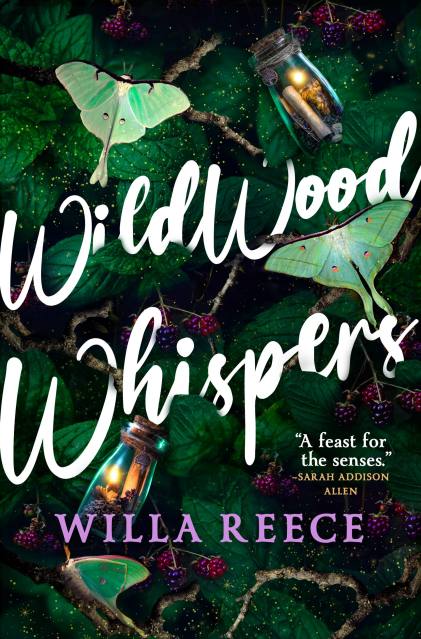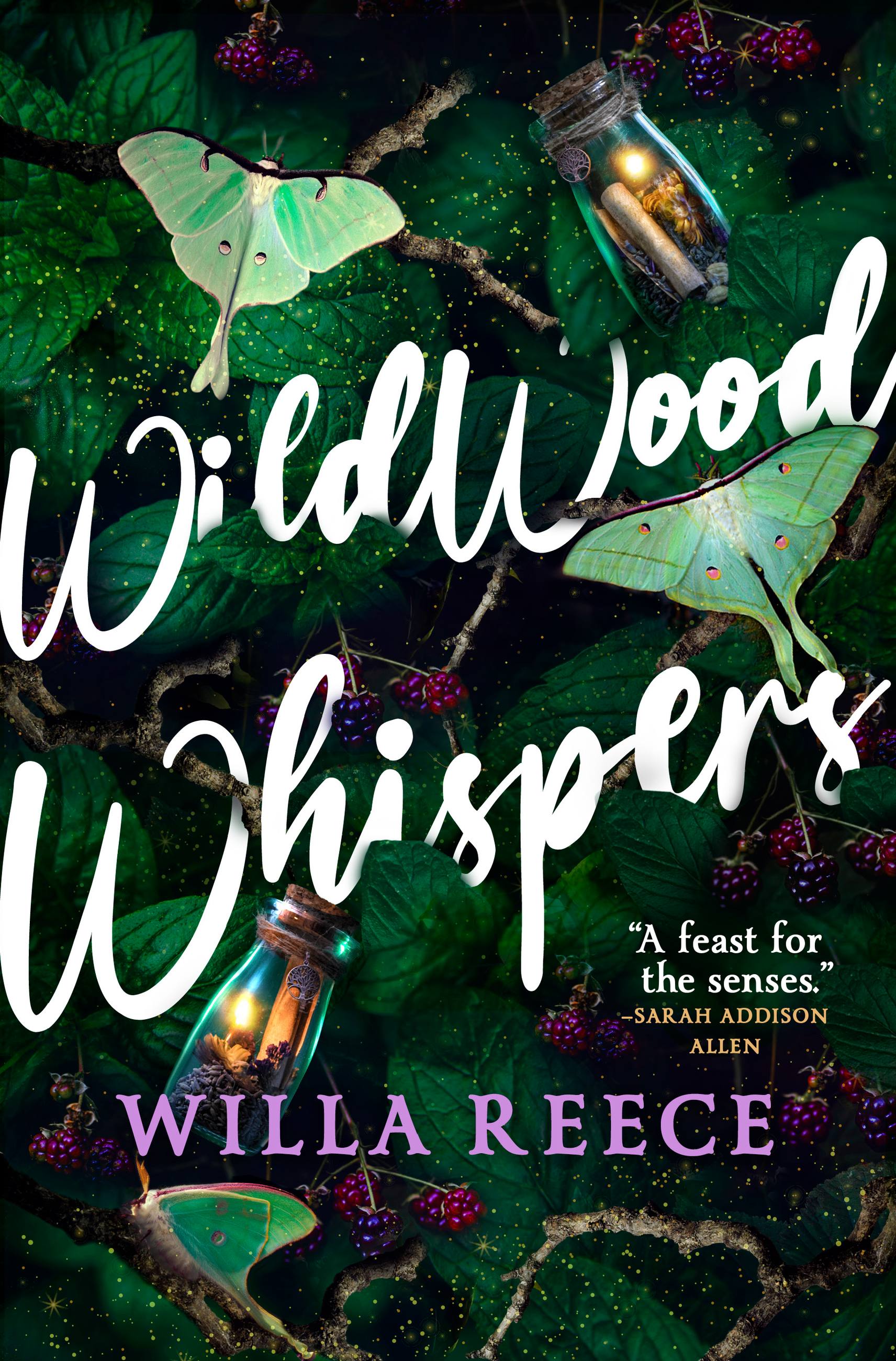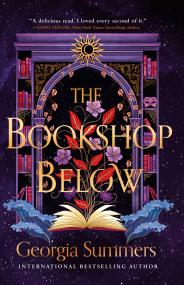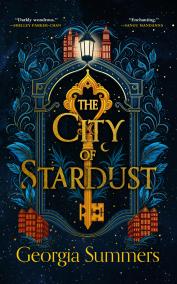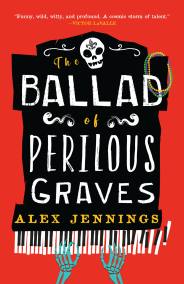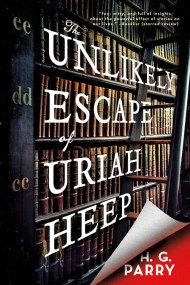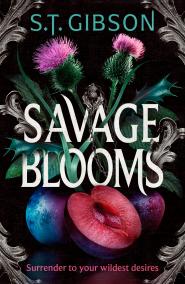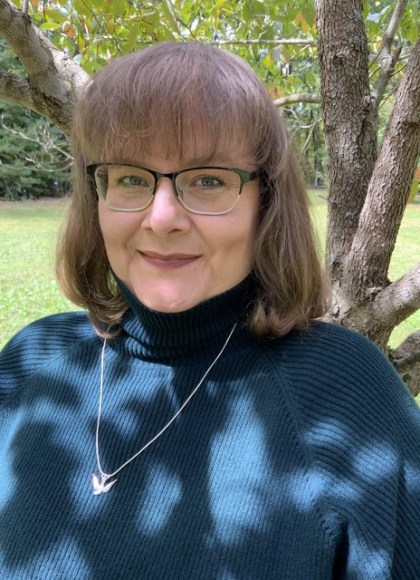By clicking “Accept,” you agree to the use of cookies and similar technologies on your device as set forth in our Cookie Policy and our Privacy Policy. Please note that certain cookies are essential for this website to function properly and do not require user consent to be deployed.
Wildwood Whispers
Contributors
By Willa Reece
Formats and Prices
- On Sale
- Feb 1, 2022
- Page Count
- 400 pages
- Publisher
- Redhook
- ISBN-13
- 9780316591775
Price
$17.99Price
$22.99 CADFormat
Format:
- Trade Paperback $17.99 $22.99 CAD
- ebook $2.99 $3.99 CAD
- Audiobook Download (Unabridged) $31.99
This item is a preorder. Your payment method will be charged immediately, and the product is expected to ship on or around February 1, 2022. This date is subject to change due to shipping delays beyond our control.
Buy from Other Retailers:
“A witchy story full of found family, lush nature, and small-town secrets.” —Hester Fox
“A magical, romantic tale about our essential connections to nature and to each other.” —Sarah Addison Allen, New York Times bestselling author
Step into a world of hope, fate, and folk magic in this bewitching debut when a young woman travels to a sleepy southern town in the Appalachian Mountains to honor her best friend.
There are secrets that call to Mel, from a salvaged remedy book filled with the magic of simple mountain traditions to the connection she feels to the Ross homestead and the wilderness around it.
With every taste of sweet honey and tart blackberries, the wildwood twines further into Mel’s broken heart. But a threat lingers in the woods—one that may have something to do with Sarah’s untimely death and has now set its sights on Mel.
The wildwood is whispering. It has secrets to reveal—if you’re willing to listen . . .
For more from Willa Reece, check out Wildwood Magic.
-
"A feast for the senses. Wildwood Whispers is everything I love in a book and I fell under its spell. Willa Reece has written a magical, romantic tale about our essential connections to nature and to each other."Sarah Addison Allen, New York Times bestselling author
-
"Willa Reece has perfectly infused magic, suspense, and a love of nature deep into the pages of this novel. Ultimately filled with hope, love, and the power of growth and resilience, Wildwood Whispers is a thought-provoking, memorable debut."Heather Webber, USA Today bestselling author of Midnight at the Blackbird Café
-
“Dark, tender, and thought-provoking, Wildwood Whispers is a beautifully woven tale of fantasy, feminism, and mystery set in rural Appalachia.”Constance Sayers, author of A Witch in Time
-
"The Appalachian Mountains are alive with magic in this folksy, feminist contemporary fantasy...Mel’s story is full of human compassion and animal wisdom that will charm readers. This works both as a contemporary fairy tale and a slow-burning romance—and fans of both genres will appreciate this walk through the wild woods."Publishers Weekly
-
"A lovely tale of sisterly love, the power of inheritance, and the many magics of the natural world. Readers will love Reece’s wonderful wisewomen and cheer for the abandoned baby who grows up to find her true home. A deeply satisfying read!"Louisa Morgan, author of The Age of Witches
-
"I loved everything about Wildwood Whispers. Reece’s poignant writing style truly captured the vivid setting of small-town Appalachia. Readers craving a witchy story full of found family, lush nature, and small-town secrets will find it utterly enchanting.”Hester Fox, author of The Witch of Willow Hall
-
“A wonderful heartfelt novel full of intuitive nature-based magic, wise women, and found family.”Luanne G. Smith, author of The Vine Witch
-
"Willa Reece's Wildwood Whispers will cast a spell on its readers. Rich with imagination and rooting itself in the tendrils of rural Appalachia, the story will pull you in and never let go. A glorious read.”Lydia Kang, author of Opium and Absinthe
-
"A beautifully-written debut spun from love, suspense, and a deep connection with nature that simply entrances. Wildwood Whispers is an unforgettable tale.”Tish Thawer, author of The Witches of BlackBrook
-
"A sweet tale of self-discovery, but it’s also a story of the way women and marginalized communities have always been underestimated by those with power."Culturess
Newsletter Signup
By clicking ‘Sign Up,’ I acknowledge that I have read and agree to Hachette Book Group’s Privacy Policy and Terms of Use
